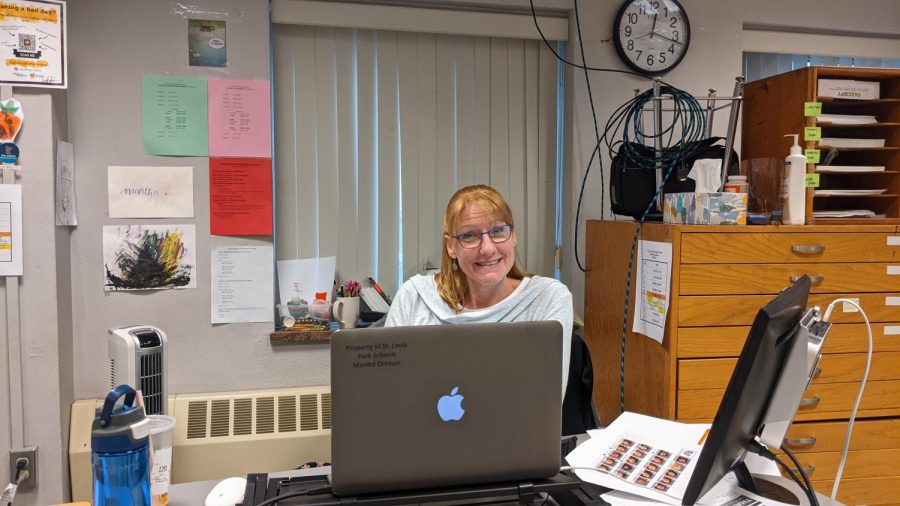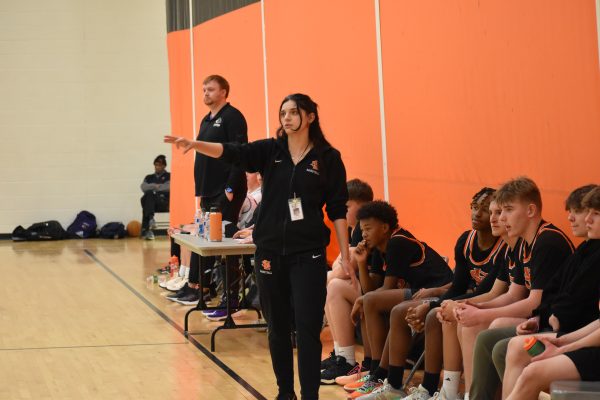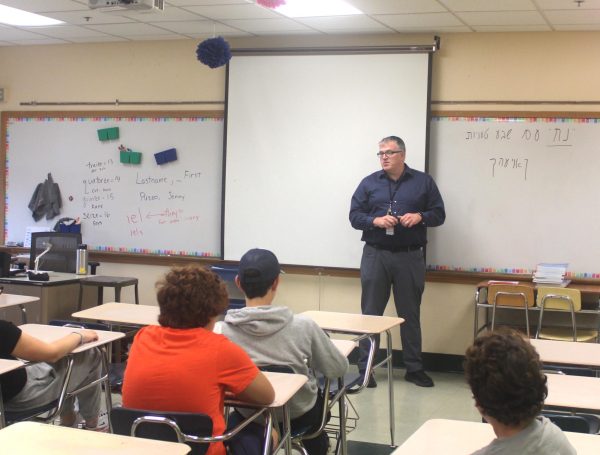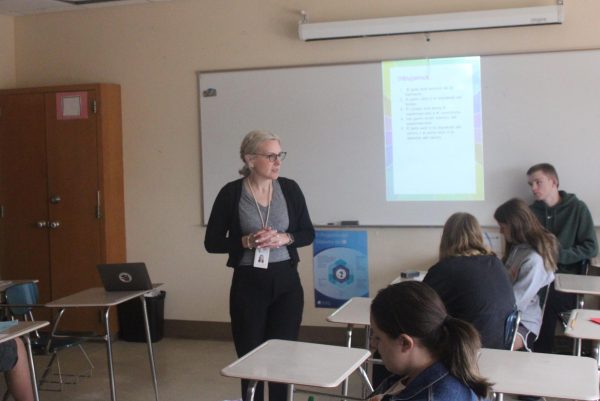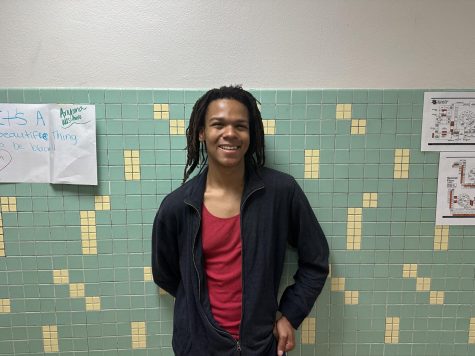From firefighter to teacher — art teacher gives insight on past job
Martha Ortman shares her experience as a firefighter
April 27, 2021
When did you work as a firefighter?
1999 to 2004.
Why did you want to be a firefighter, what motivated you to do it?
I was not liking my job and my husband at the time said ‘hey, you’ve always been physically active, you’re still (in) competitive swimming. Why don’t you take an EMT class, take a Firefighter 1 class (and) apply for the department? If you don’t like it, you’re not worse off in the job that you have now that you don’t like, so see if you like it.’
What did a day on the job look like?
Every day was different — you never knew what to expect. The only thing I could count on is what I had to wear to work.
What toll does being a first responder take on mental health?
It could be physically demanding, mentally demanding (and) emotionally demanding. There was a movie a long time ago that talked about paramedics being grief sponges, where they have to make sure that they are able to soak up everybody’s grief … We try to help, so we end up having morbid senses of humor. Because if we dwell on things, it eats you up.
Why did you make the move to teaching?
I injured my lower back on the job and I could no longer function as a firefighter because you have to be able to carry heavy people and heavy things, and for two years I was not allowed to lift anything over 30 pounds.
Are there any ways that teaching is similar to being a firefighter?
Yes, sometimes you just never know what to expect. Even though you could have the best plans, something could happen and you just have to scrap what you were intending on doing and do something else … (It’s also about) trying to figure out how to work with people, either that you don’t know or you might have different backgrounds from.



